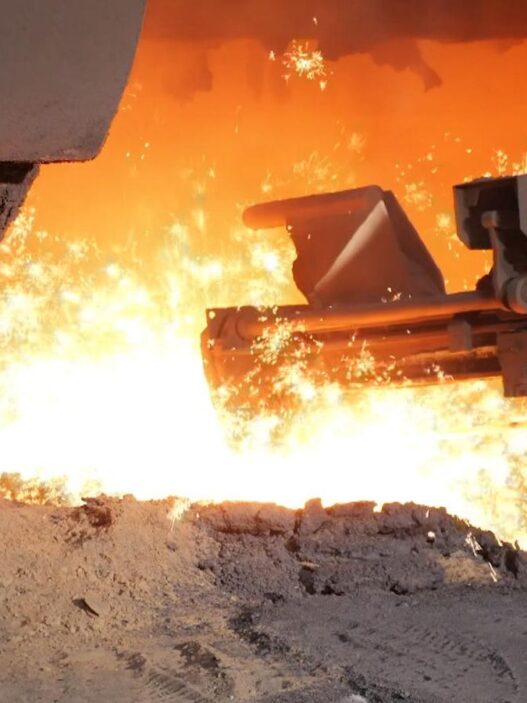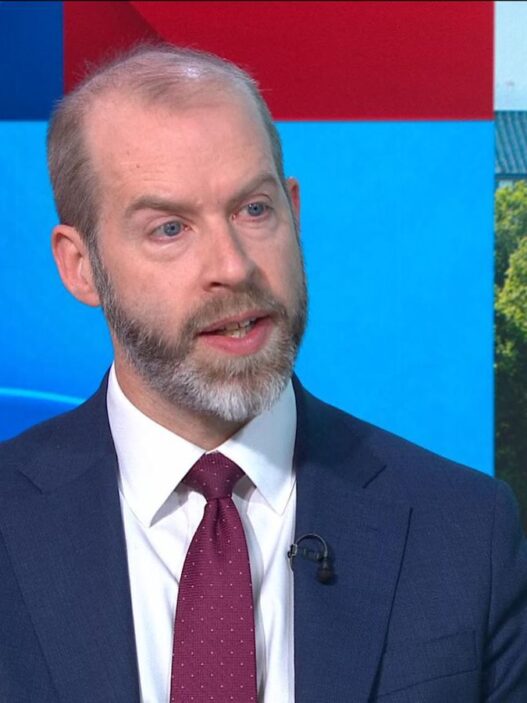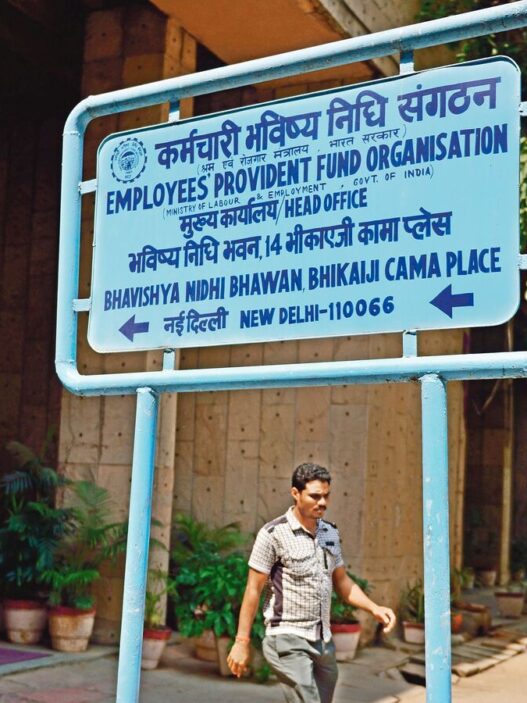Rich Dad Poor Dad by Robert Kiyosaki still continues to strike the correct notes with readers worldwide, especially the ones who have a keen interest in personal finance and equity investing. The first copy of this book was published in 1997, since then it has completely captured the imagination of readers and transformed the way they think.
In a nation like India, where financial literacy is still evolving as a concept, the timeless words of wisdom shared in this book by Robert Kiyosaki offer holistic and practical solutions to foster wealth building. This write-up is dedicated towards discussing the seven key takeaways that can reshape your financial mindset.
1. The rich don’t work for money
Kiyosaki writes,“The poor and the middle class work for money. The rich have money to work for them.” This highlights the importance of investing and building passive income streams, rather than solely relying on salaries. This essentially also means that the rich evolve systems where money helps in generating more money even while they sleep.
2. Financial literacy is extremely important
The author firmly believes that the schools rarely teach children how to manage their finances. That is why, according to him, it is important for us as a society to teach and inculcate the present and upcoming generations with invaluable lessons in financial literacy.
Especially, for a nation like India, where personal finance is overlooked and is not a part of formal education, reading and learning about assets, liabilities and investments can be a game changer.
3. Invest and buy assets, not liabilities
One of the book’s most celebrated quotes is: “An asset puts money in your pocket. A liability takes money out.” Through this quote, Kiyosaki basically urges readers to build wealth by acquiring appreciating assets such as stocks, mutual funds, real estate, and businesses. He further explains that depreciating assets such as expensive cars, machinery equipment, watches among other similar assets should be avoided and light should be thrown on investing in appreciating assets only.
4. Keep thinking and mind your own business
Beyond just traditional jobs, Kiyosaki encourages thinking on, and encouraging side ventures, unique investment ideas or path breaking business concepts. This approach always helps individual investors in continuously evolving their personalities and becoming better human beings. Hence, the idea elaborated by him is simple: Mind your business, continue to think constructively and try to come up with unique side ventures or investment ideas.
5. Taxes, money planning and corporations
Kiyosaki elaborates on a powerful yet often misunderstood concept: the rich use corporations as tools to legally reduce their tax burden and protect their considerable wealth. Kiyosaki asserts, “It’s not how much money you make, it’s how much money you keep.”
The basic idea explained here by him is how wealthy individuals structure their income through different entities that allows them to deduct expenses, invest the profits and pay taxes only on what is left after the same.
6. Work to evolve, grow and learn not to earn
Kiyosaki elucidates, “Job security meant everything to my educated dad. Learning meant everything to my rich dad,” this simply means that you should never fall for the ease of security your job provides.
On the contrary you should work to evolve, grow and learn in life. Skills such as investing, sales, management and accounting can offer long term financial rewards if utilised efficiently.
7. Overcome fear, be rational and take risks
Finally, Kiyosaki stresses that fear of failure and disaster prevents people from investing.“Losers are people who are afraid of losing,” he writes. Smart risk-taking, sensible planning paired with knowledge and rational thinking is essential for achieving financial freedom.
Hence, in a rapidly changing Indian economy, Rich Dad Poor Dad remains a must-read for those seeking financial prosperity and long-term investing success.
Disclaimer: This article is for informational purposes only and not financial advice. Please consult a professional before making investment decisions.












